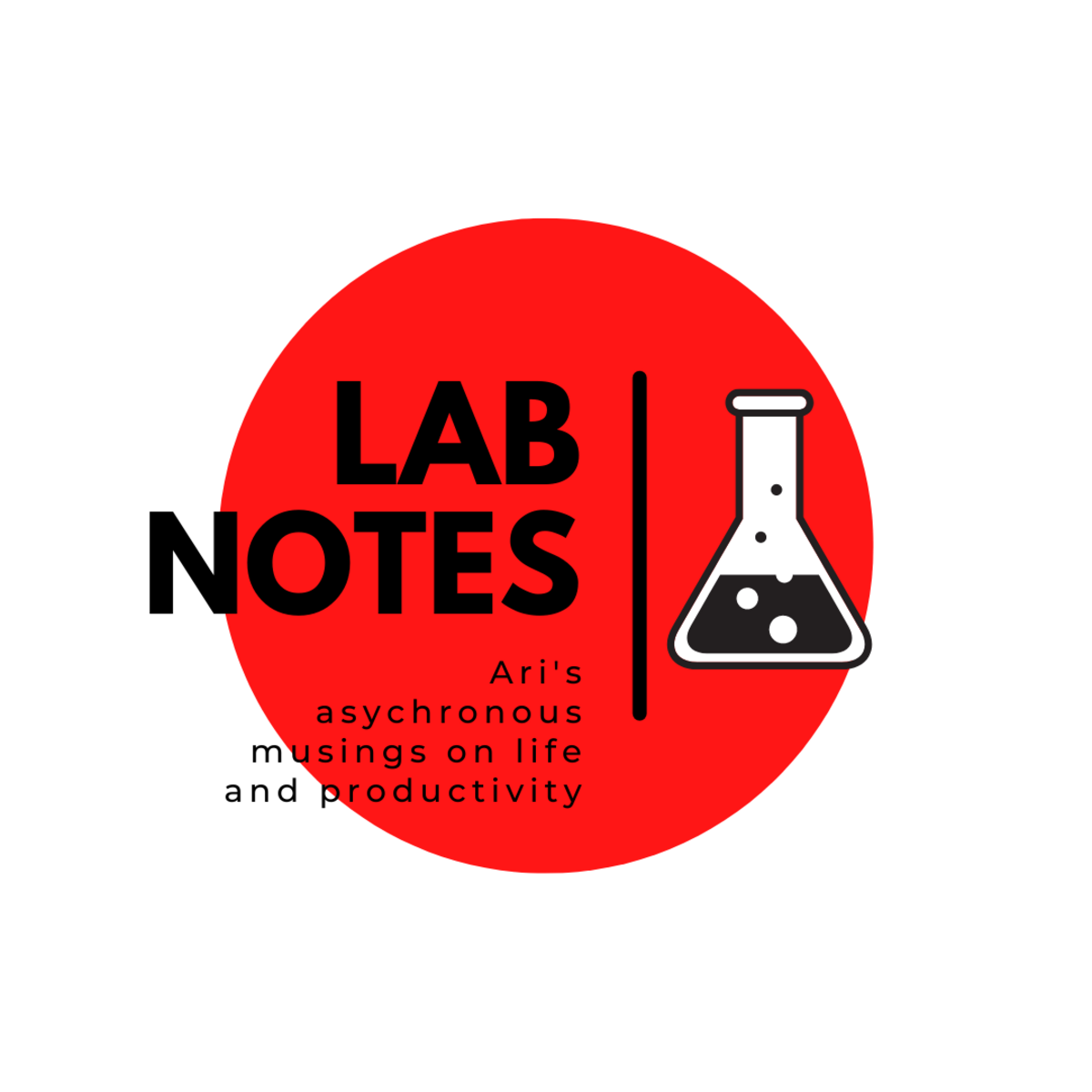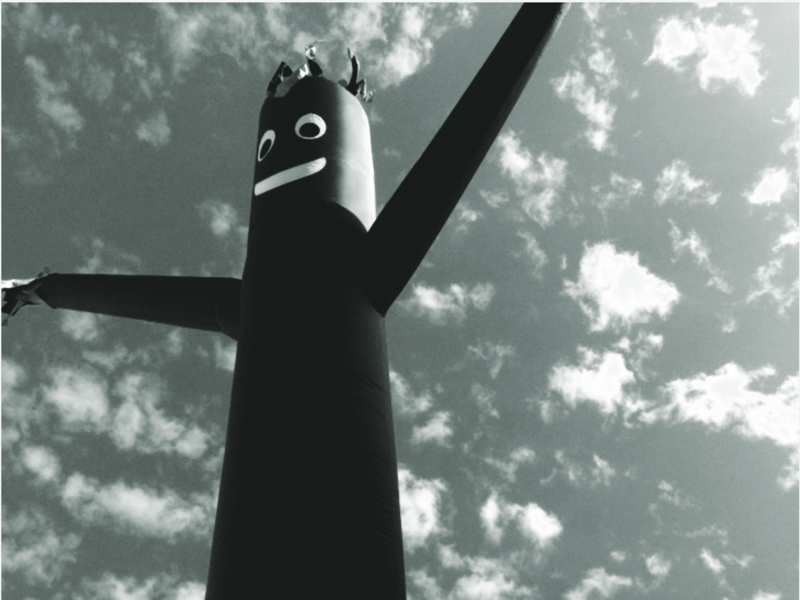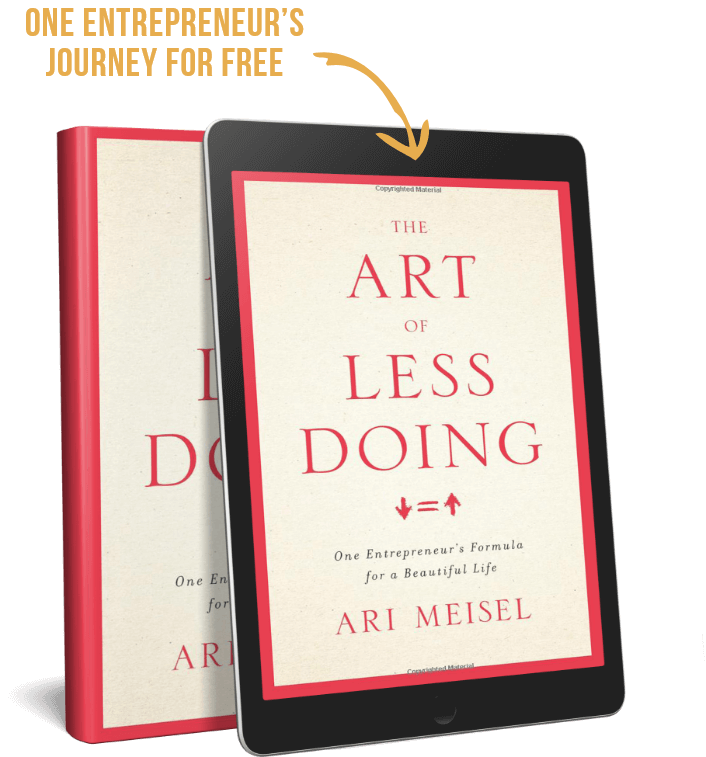There once was a bird sitting on a tree ranch, happily singing and singing. He didn’t notice that it was getting cold and that winter was coming. He just kept on singing. It got so cold that he froze, fell off the tree and landed on the ground, near death.
A bear came along and pooped on him and funnily enough, its warmth thawed him out. He was able to move around a little bit. So he began again, chirping and chirping and chirping even though he was lying under a pile of poop.
Just then a cat came along and with its paw, dug him out of the poop. The bird was so happy and he chirped triumphantly. Then the cat ate him. And that was the end of the bird.
Now I’m gonna come back to that story.
But I need to tell you about an uncommon businessman, an American guy named Timothy Dexter. So Timothy Dexter was born in 1747 and died in 1806. He dropped out of school when he was eight, which is not unusual at the time, and became a tanner’s apprentice.
In 1769, when he was 22, he moved to Massachusetts and married a wealthy widow named Elizabeth Frostingham, bought a mansion and became part of high society. At the end of the Revolutionary War, he bought enormous amounts of depreciated continental currency, which was completely worthless at the time.
When the war ended, the US government made good on the notes, at 1% of their face value, except for the Commonwealth of Massachusetts, where they paid par for the notes. He made bank, although that’s not the parlance they used back then.
With that capital, he built two ships and began an export business to the West Indies and Europe. Now he was seen as largely uneducated; a bit of a fool by New England society. And because of that, business people would often try to trick him into ridiculous ventures.
Somebody advised him that it would be a good idea for him to export bed warmers; a covered pot or pan with holes that you put hot embers in, then put it under your covers to warm up your bed. Very New England.
Now the West Indies was not a market that was clamoring for bed warmers, being a tropical place. These businessmen were obviously trying to derail him, but when his ship’s captain arrived with this shipment, he ended up selling them to the local molasses industry. And he made a ton of money.
Somebody else proposed that he send wool mittens down to the West Indies, so he did. And the Asian merchants there bought them for export to Siberia. At one point he was convinced to ship coal to Newcastle, which is a British expression, meaning to do something completely unnecessary. Newcastle being a very large mining town. But Timothy Dexter sent coals to Newcastle during a miner’s strike. So he sold all his coal at a huge profit.
He also exported Bibles and stray cats to the East Indies, on the advice of some unscrupulous types. But again, he found fortune. Missionaries were desperate for Bibles and cats solved the widespread rat infestation problem
Now Timothy was an eccentric, completely mad some might say. He commissioned statues of himself. He faked his own death at one point. He would tell people that his wife was dead, and when people saw her walking around the house, he would say it was just her ghost.
Nut job for sure, but what I learned from Timothy’s story is twofold.
First, traditional business knowledge has its place, but it’s only a place. I’m constantly coming up against people who, even now, question my methods, my teaching, and say things like “That doesn’t make sense, cuz that’s not how I do it.” “That’s not how I learned how to do it.”
It’s limiting and boring thinking, in my opinion. A lot of the productivity methods I teach fly in the face of convention. They’re counterintuitive to the other methods that are often taught by some of the big productivity groups. And I’m not saying to be different just to be different, but we always need to be cognizant that the way that we used to do things. And BTW, used to could mean last week, will never be a good enough reason to continue in a particular way.
Now that doesn’t mean that every week we have to say, Hey, let’s completely reinvent ourselves. That’s not the point, but we can never sort of rest on our laurels. Productivity is a journey that has no end. You can always be more productive. You can always do things more innovatively, not necessarily more productively or more effective, not necessarily cheaper or more efficiently. But if there is a different way of doing something, we owe it to ourselves, to our teams, to our communities, to our clients, our families, to consider the possibility.
And some people just have a good eye for opportunities that nobody else sees, but it may be because they keep their eyes wide open. I find it very hard to believe that Timothy Dexter just got lucky all of these times and didn’t have some sense that what he was doing had some value to it.
But going back to the original story about the bird. Remember the bird? The bird who froze and fell, got pooped on, warmed up, then eaten by the cat? So the moral of that story, and Timothy’s is that not everybody who poops on you is your enemy. And not everybody that gets you out is your friend. And sometimes, just sometimes, when you’re warm and safe, you should keep your big mouth shut.




